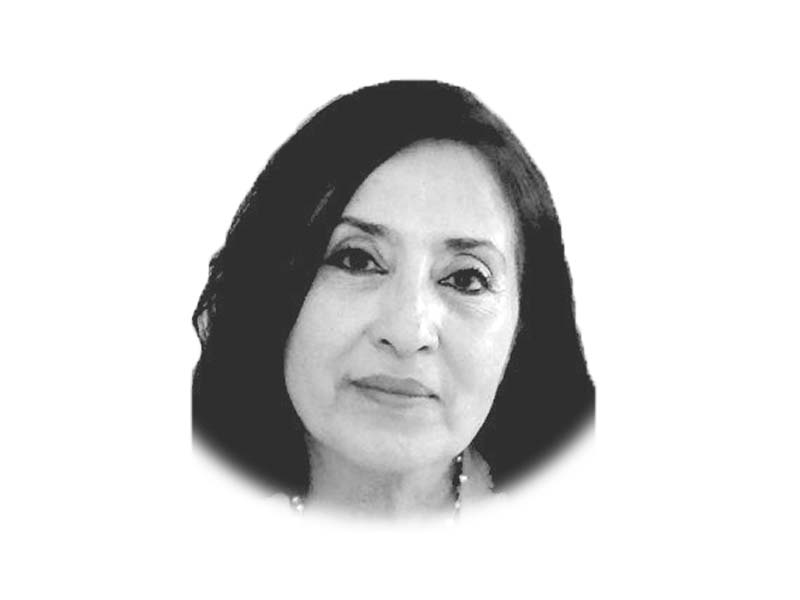
Had Zulfikar Ali Bhutto (ZAB) been the foreign minister today, how would he have handled the Indians? The man had verve, guts. India’s brinkmanship hasn’t changed much since Indo-Pak war of 1965. After ZAB stepped down as President Ayub Khan’s foreign minister, he penned his famous book The myth of Independence. The 188-page treatise is as relevant today as it was in 1969 when Oxford University Press, USA, published it. He advocated getting tough with India; building a stronger alliance with China, and objectively reassessing Pakistan’s alignment with America in keeping its national security supreme. Stanley Wolpert wrote, “I don’t think even his [ZAB’s] worst enemies and critics would disagree that he was a brilliant foreign policy hawk.” Bhutto’s insight into the events of his era are remarkable, praised a reviewer, “Just one sentence should give us an idea about his thought process: ‘I dare to predict that in early 70s US and China will patch up and become good friends.’”
Bhutto’s editor was Dr Thomas B Manton. In the winter of 2010, I received an email from a man claiming to be ZAB’s “best American friend” and “Benazir’s Brother.”The email opened with: “ZAB was my best friend. I was to write his biography. His beloved daughter Benazir gave her life for the restoration of democracy. I was supposed to be killed with her when she arrived in Karachi. In our last meeting in New York [2007] we had agreed to adopt each other as sister and brother. But that is another story... I know who killed her.”
We arranged to meet the next day over dinner at a fast food joint. Tom Manton related how he sat down for a 4-hour interview with ZAB in the fall of 1966 in New York. “It was a wonderful tour de force of what really happened during the 1965 war between India and Pakistan.” After reading the 95-page transcript of the interview, ZAB asked Manton to edit his book The Myth of Independence. “Bhutto was not the reckless young foreign minister often portrayed by the press,” said Manton. “He was very realistic and visionary as to what the available options for Pakistan were. He was targeted as an anti-America foreign minister.” According to Manton, ZAB was carrying out what he felt was in the best interests of his country. “I saw, with my own young eyes, how the pro-western, military-oriented elite of Pakistan colluded with America. Mr Bhutto was the first politician in Pakistan who strongly advocated populist rule in the country rather than the rule of the then 22 families. He made the people of Pakistan feel that they were important! That is the essence of democracy.” America considered ZAB to be a “pariah” because he brought Pakistan close to China in 1963. “Ayub Khan was told by President Lyndon Johnson to get Bhutto out of the cabinet.” The US was in the middle of a Cold War with USSR and China. Manton was a fierce critic of the Vietnam War and backed Senator Robert F Kennedy for president. “I had arranged for Bhutto to be a guest of the Kennedy campaign and travel with the senator for a day or two in the US. Then Robert Kennedy was assassinated, as so many in the Bhutto family have been, advocating change for their people.”
“For the US government, Bhutto had committed the cardinal sin of making peace with one of America’s enemies — China. The irony was that the US used Pakistan as their entry to the Chinese a short five years later,” Tom continued. “Without Bhutto’s change in Pakistan’s China policy, that would never have been possible.” Manton’s dear friend, the late PIA Captain Azim Jan told him the details of the highly secret VVIP flight of PIA from Pindi to Peking. Captain Jan flew the then secretary of state Henry Kissinger to China in the early summer of 1971 before the world-changing announcement of President Nixon going to China in February 1972. Who eliminated ZAB and BB? I asked Manton. He gave me the answer. But, since to this day I don’t have confirmation, I can’t say what Manton told me.
On January 19, 2011, Tom Manton was murdered.
Published in The Express Tribune, November 3rd, 2016.
Like Opinion & Editorial on Facebook, follow @ETOpEd on Twitter to receive all updates on all our daily pieces.
COMMENTS (10)
Comments are moderated and generally will be posted if they are on-topic and not abusive.
For more information, please see our Comments FAQ


















































Not agreed. Essence of democracy is recognizing the will of the people.